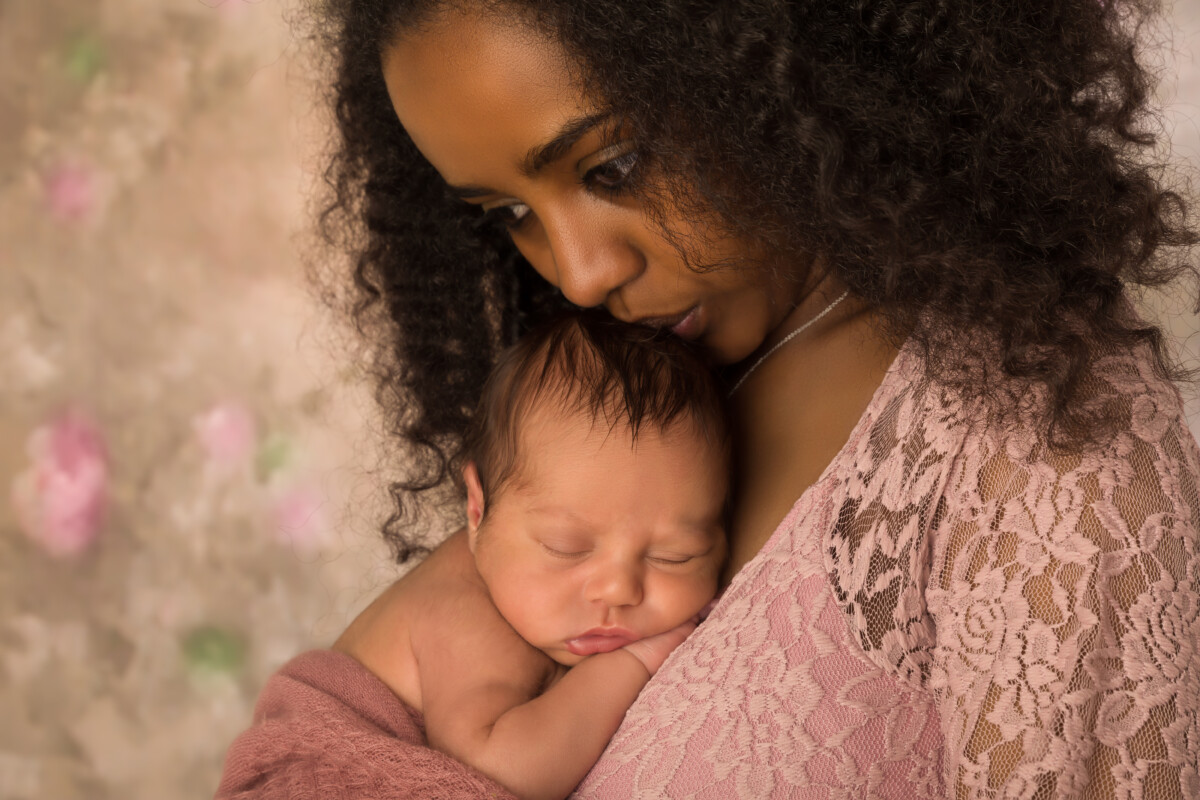Is birth trauma ‘just’ an emotional issue?
January 20th, 2021
Comments Off on Is birth trauma ‘just’ an emotional issue?
There is often an emphasis placed on the psychological effects of a birth that didn't go to plan. And while there is a need to make sense of this, Psychotherapist Thea Baker says it's also important to address many of the silent taboos surrounding physical birth trauma that accompany that psychological distress.

[Trigger Warning: contains content around trauma]
As a Psychotherapist who has a special interest in trauma (Post-Traumatic Stress Disorder – PTSD and Complex-PTSD), I often spend my time knee-deep in the psychological impact of traumatic births in session with my clients. This might include navigating issues such as: intrusive and distressing flashbacks of the birth, nightmares, avoiding other mothers or talking and hearing about birth stories, a jumpiness or hypervigilant state of being and complicated negative beliefs about self, their body, the world around them.
I often describe this as a sense of not feeling safe on the inside, and not feeling safe in the world anymore.The psychological definition of what constitutes a 'traumatic event' has evolved over time and no doubt will continue to be refined. The DSM‐IV criteria (American Psychiatric Association, 1994) clarified a traumatic event as "an experience in which the person witnessed or confronted serious physical threat or injury to themselves or others, and in which the person responded with feelings of fear, helplessness or horror" (Leeds & Hargreaves, 2008). The more recent DSM-V criteria (American Psychiatric Association, 2013) refined the definition, making it more specific and implied that a person must have been exposed to death, threatened death, actual or threatened serious injury. It's all pretty heavy, right? And I guess that is why there is often such an emphasis placed on the psychological effects of experiencing a birth where a woman's expectations of childbirth are not what she comes away with. Yes, both mum and bubs might be healthy and discharged from hospital but there's often a lot more going on that there is rarely a safe place to unpack. And whilst I believe it is super important to have the emotional buffer of a good perinatal therapist that can help make sense of the birth, I am BIG on addressing many of the silent taboos surrounding physical birth trauma that accompany that psychological distress.
The physical effects of a traumatic birth can have significant and lifelong impacts.I’ve written previously about my thoughts on 'childbirth being a contact sport' (click here to read the article) and we need to remember that ALL childbirths – vaginal or caesarean – result in some soft tissue damage that takes and needs time to recover from. Clinically speaking, when we talk about physical birth trauma we are talking about persistent and permanent damage to pelvic floor structures, perineum, pudendal nerves and surrounding fascial tissue. This kind of damage is often hard to diagnose in the early days of postpartum, in large part because there is so much swelling associated with vaginal births. And this would be further exacerbated by any vaginal or perineal tears or an episiotomy. However early diagnosis and rehabilitation is critical to a woman’s recovery. So, here are some childbirth red-flags to help you know when you need to seek out further health support: * If you had any of these as part of your birth experience:
- Forceps delivery
- A long second-stage (pushing part)
- A super quick second-stage
- Vaginal tear (especially if it was a 3rd or 4th degree tear)
- A big baby
- A vaginal haematoma
Comments Off on Is birth trauma ‘just’ an emotional issue?
More by Thea Baker
All by Thea Baker
